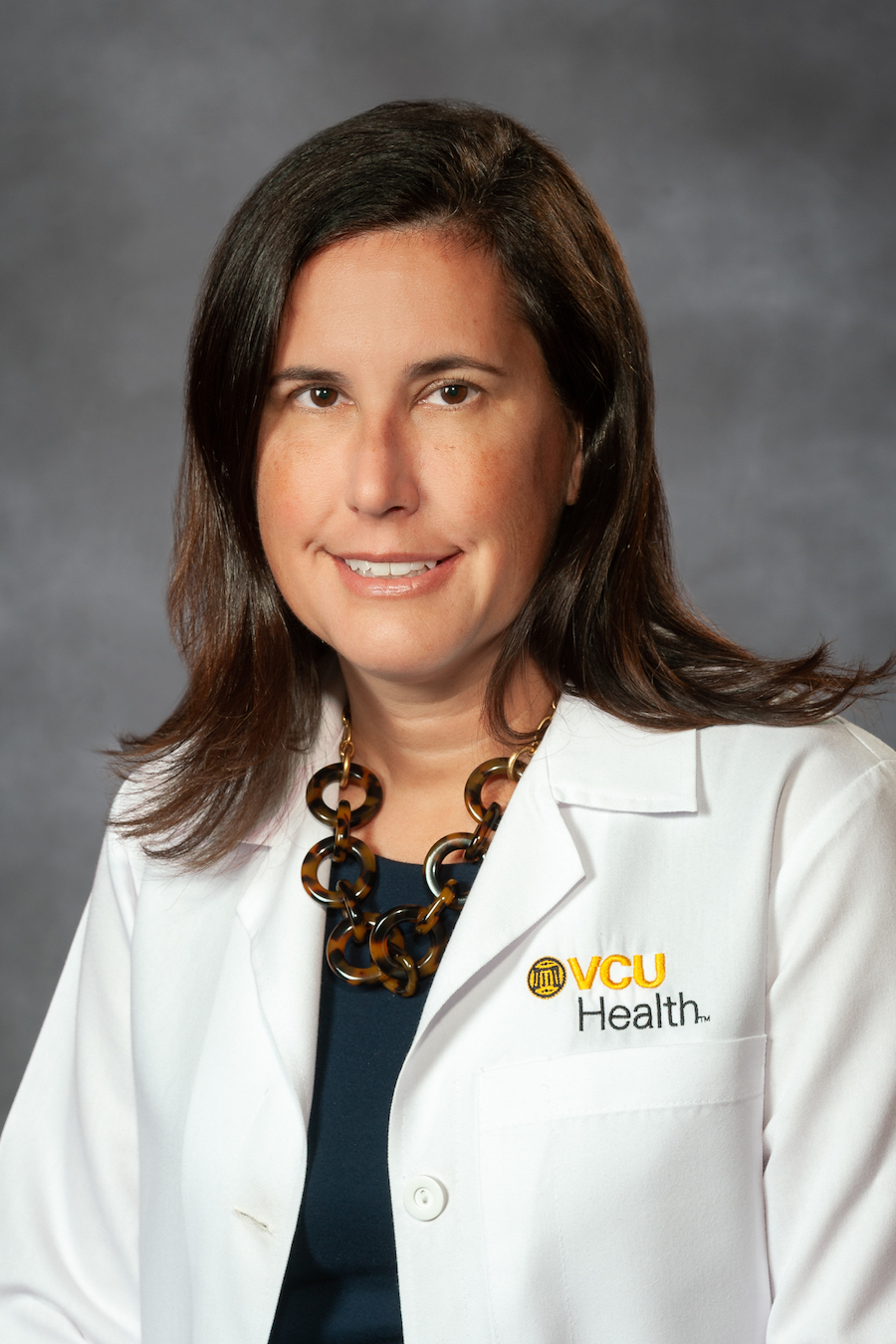Coaching in Medical Education
Watch our panel of distinguished faculty who work in coaching across the continuum of medical education as we discuss what coaching is, the benefits of coaching, and how to incorporate it into your programs for students, residents, and faculty to optimize performance, well-being, and leadership skills.
-

Holly A. Caretta-Weyer, MD, MHPE
Director of Evaluation and Assessment
Stanford University
Dr. Holly Caretta-Weyer is associate residency program director and director of evaluation and assessment for the Stanford University emergency medicine residency program as well as EPA/CBME implementation lead at the Stanford University School of Medicine. Dr. Caretta-Weyer attended medical school at the University of Wisconsin School of Medicine and Public Health, where she graduated Alpha Omega Alpha with honors in research. She stayed at Wisconsin for her emergency medicine residency, where she was also chief resident. Dr. Caretta-Weyer then completed her medical education scholarship fellowship at Oregon Health & Science University and earned her master's in health professions education at the University of Illinois-Chicago. She is a PhD candidate at Maastricht University studying residency selection in a competency-based system.
-

Nicole Deiorio, MD
Associate Dean for Student Affairs
Virginia Commonwealth University School of Medicine
Dr. Nicole Deiorio is the Associate Dean for Student Affairs at Virginia Commonwealth University School of Medicine. Prior to that, she spent 20 years at Oregon Health and Science University, where she served as Clerkship Director, Associate Program Director, and Assistant Dean for Student Affairs. At VCU she runs the coaching program for undergraduate medical education. She co-chaired the 2018 American Medical Association Coaching Thematic Meeting and works with the Association of American Medical Colleges Core Entrustable Professional Activities group, particularly in the intersection of coaching and EPA attainment. Dr. Deiorio's research experience includes coaching, investigating the residency selection process, and outcomes in competency-based undergraduate medical education. -

Jeremy Branzetti, MD, MHPE
Associate Professor, Emergency Medicine
Yale University
Jeremy Branzetti, MD, MHPE, is a board-certified emergency medicine (EM) physician who received his doctorate of medicine from the State University of New York (SUNY) at Stony Brook and received his MD. He completed a four-year residency in EM at Northwestern University in Chicago, Illinois, and was chief resident in his final year. Subsequently, he obtained a Masters in Health Professions Education from Maastricht University’s School of Health Professions, and certification as a Leadership and Professional Coach through ACT/Brown University. He has over a decade of experience in GME leadership and medical education scholarship, with extensive expertise in evidence-based learning science, adaptive expertise, professional identity development, and coaching as a faculty development tool. He is the founder of Academic Educator Coaching, and strives to use his accrued experience in academic medicine to coach medical educators to chart meaningful careers on their own terms.
-

Megan Wolff, MD, MHPE
Professor, Emergency Medicine
University of Michigan
Dr. Megan Wolff is a Professor of Emergency Medicine at Pediatrics, the Associate Program Director for the Pediatrics Residency program, and the Curriculum Director of the RISE (Research, Innovation, Scholarship, Education) Unit at the University of Michigan School of Medicine. She joined the faculty of the Department of EM after completing pediatric emergency medicine fellowship training at Children’s Hospital of Philadelphia and pediatrics training at the Boston Combined Residency Program, where she served as a Chief Resident. She earned her Masters in Health Professions Education from the University of Michigan. Her academic interests are focused on medical education including interactive teaching techniques, coaching, and self-directed learning.
